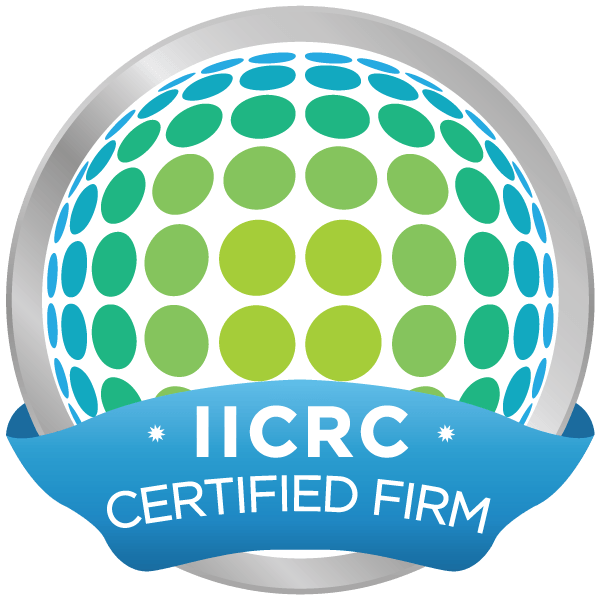When someone dies or experiences extensive bodily trauma in your rental unit, you will need crime or trauma scene cleanup. When the scene contains a large amount of blood or bodily fluids, you shouldn’t clean it up yourself. Even if you don’t see a big mess, a traumatic death may leave behind materials that could make you or your next tenant sick. Continue reading to learn more about the hazards of crime scene or trauma cleanup as well as why you need professional help.
Hazards of Crime Scene Cleanup
Even if the scene looks mild, it could contain several hidden hazards. Some of the risks of a crime or trauma scene include the following:
Blood Pathogens
Blood contains a variety of biohazards, even if the person who shed it was otherwise healthy. Not only can blood contain viruses, but it can also contain bacteria or parasites.
Small Body Parts
Law enforcement will likely remove the bulk of the remains from the premises. However, if the person died violently, small bits and pieces could remain.
Problem Insects
Insects will search for and feed off a person’s remains. Even if the person hasn’t been dead for long, you may find maggots and other insects on or near the body.
Extreme Smells
The smell of a body in decomposition is strong and may make you sick. Blood and other body fluids left behind in curtains and carpets can also leave a bad smell.
High Chance of Emotional Trauma
Traumatic death is hard to deal with emotionally, even for otherwise emotionally strong people.
Tools Professional Cleaners Use
Professional crime scene cleaners have several tools to prepare themselves for crime or traumatic scene cleanup. Read on to discover some of the advantages they have over people who don’t do this work for a living.
Biohazard Suits
Crime scene cleaners have protective equipment to guard them against pathogens and smells. They also have specialized containers for contaminated rags, mops, and materials.
Specialized Training
Specialized cleaners train to do the job efficiently and effectively. They learn what to look for and how to remove a variety of biohazards.
Hospital-Grade Cleaners
Cleaning crews use cleaners and professional-grade tools to remove all biological material. In addition to hospital-grade cleaners, professional crews have tools for inaccessible areas.
Professional Tools
The crews will bring in tools to remove and replace carpets, drywall, and other surfaces previously contaminated by blood or fluid. They also have tools to deodorize previously cleaned areas.
Reasons Not to Clean Up Yourself
You may feel that you can do the work yourself, but you may not have the means. You should avoid trying to clean it yourself for the following reasons:
High Risks
You could put your or your future tenant’s health at risk. Smells and decomposition can linger in the air and on surfaces, making you sick. You may miss small bits of material, or the cleaners you use may not kill all the germs.
Lack of Specialized Tools
Most people don’t have the specialized equipment and tools to do the job thoroughly. Because the crime scene cleaners do this job for a living, they tend to have the right equipment on hand.
Not Enough Training
Professional cleaners have the training needed to deal with all aspects of crime or trauma scene cleanup. They know where to look for and how to remove potential hazards.
Avoid entering the dwelling until you get the all clear from the coroner. That all clear means that law enforcement has completed its investigation. However, just because they’ve cleared the scene doesn’t mean it is safe. Before you enter the property, call Disaster Masters first. We have the tools and supplies to do the job safely. Call or contact us online for more information.








